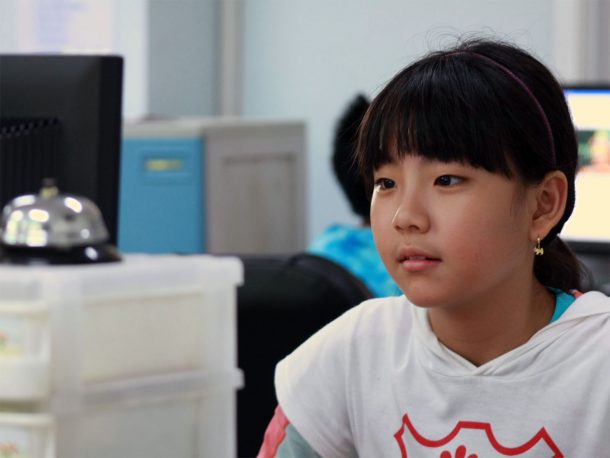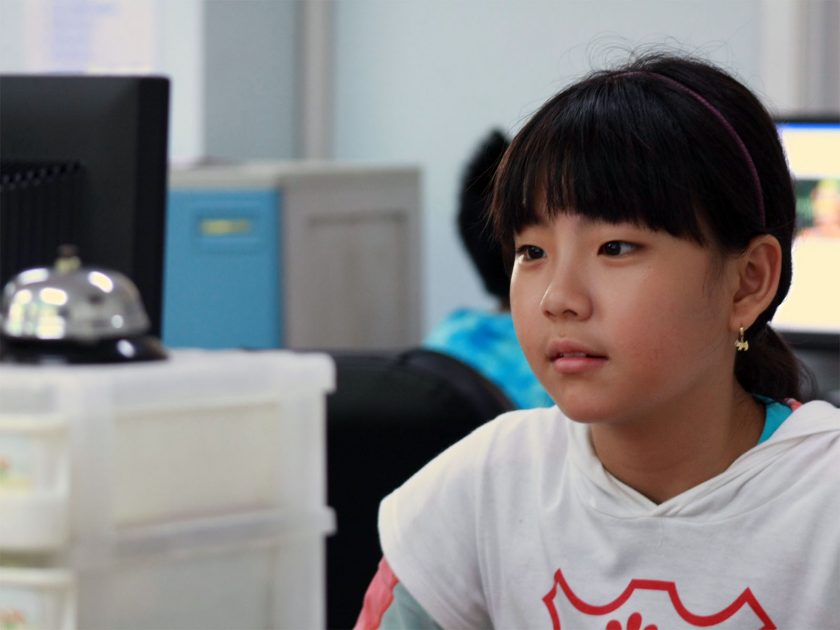As educators, it is our responsibility to not simply punish students for making mistakes, but rather turn those mistakes into teaching and learning opportunities. Nowhere is this more essential than in the use of technology. With the advent of social networking, instant messaging and other innovations, children and students have become exposed to a vast range of valuable resources—resources that also carry many veiled dangers. While we at Wells encourage students to make use of this technology—and even maintain a school Facebook page and Twitter feed—we also strive to help them understand how to use those tools in a wise, responsible manner. Indeed, one of the school’s Expected School-wide Learning Results (ESLRs) is ICT proficiency. Yet this learning comes not only from the school, but also from home, where parents must play a major role in understanding and monitoring what their children do online.

In the recent article “Bad Online Behavior Jeopardizes Students’ College Plans,” Education Week succinctly encapsulates the seriousness of students’ activity on the internet. While poor social skills and behavioral choices have always been an issue in seeking admission to universities, never before have the lives of students been made more public than they are in the information age. As the article observes, 24% of admissions officers at universities access applicants’ publicly-available pages online to determine whether they possess the social responsibility that universities often see as an indicator of success. Even grimmer for students is the fact that half of those officers cited negative discoveries that did sway them in the consideration process.
While the dangers for high school students certainly merit consideration, they are not the only ones in danger of misuse. Middle school students and even those in primary, both increasingly connected online, face equally troubling risks. Not understanding the structure of sites such as Facebook and other social networking options, many children post photos, comments and private information freely, failing to recognize that virtually anyone can access that content if the proper privacy settings are not in place. Viewing these sites as separate from their offline lives, they do not realize that the effects of vulgarity and cyber-bullying can be just as damaging and permanent as public behaviors.

Like practically every other modern school, Wells has faced cases in which students have posted questionable photos, made offensive comments or verbally abused others. In such cases we have made every effort to implement appropriate consequences and counsel students in order to help them understand the severity of those actions. However, even more effective is the involvement of parents, who can play a major role in teaching their children responsible, prudent online behavior. By simply being aware of the dangers and having a frank talk with your children, you can turn a potentially hazardous technology into a valuable social tool. Even more valuable is venturing with them onto the internet by creating your own social network profiles and connecting to them online.
Despite the many issues that have arisen around students’ access to the internet, the reality is that they face a new world that many of us did not face as children. Rather than ignore the matter or seek to block them entirely from a part of their lives that will not simply go away, the best approach is to work together to educate them to be responsible online citizens. If you would like help in connecting with your children online or learning how to monitor their actions, feel free to contact a school counselor or administrator. Facebook itself provides useful tips for parents and additional links at https://www.facebook.com/help/parents, and simply Googling “internet tips for parents” produces a large number of useful sites, each of which offers advice on teaching children how to responsibility access the internet.

